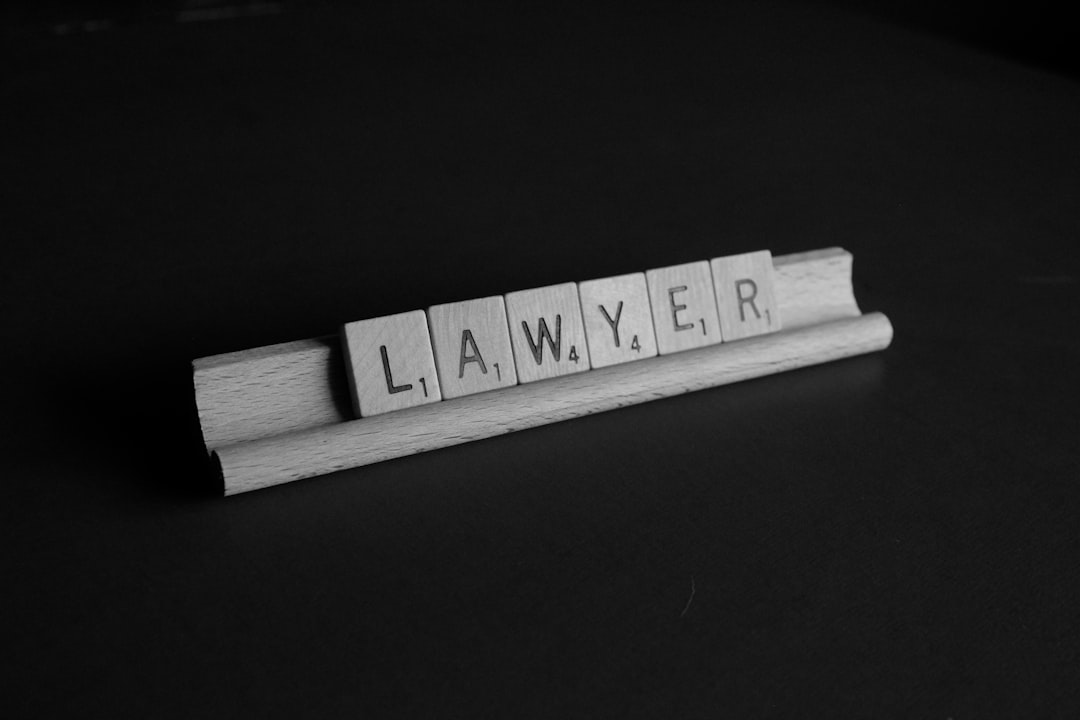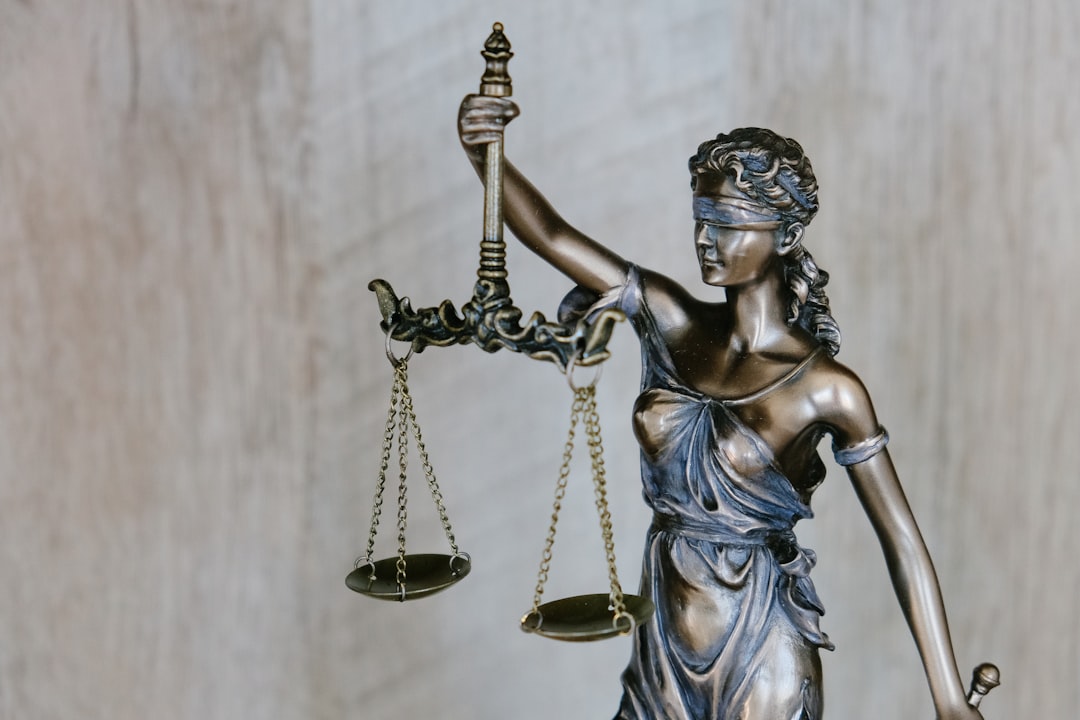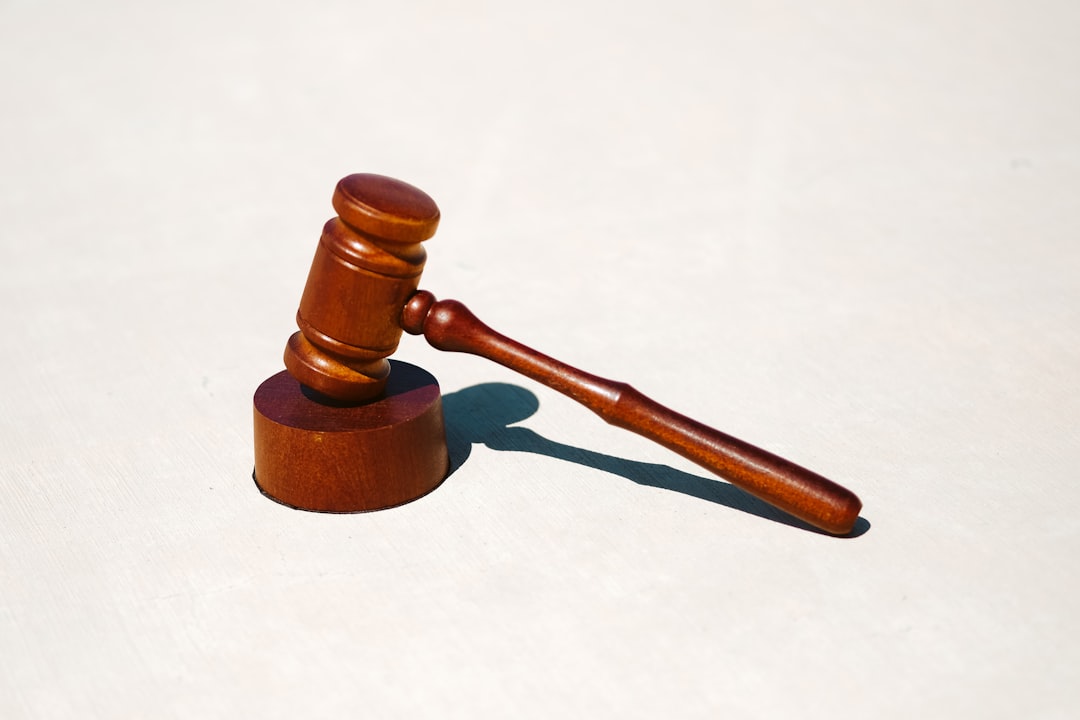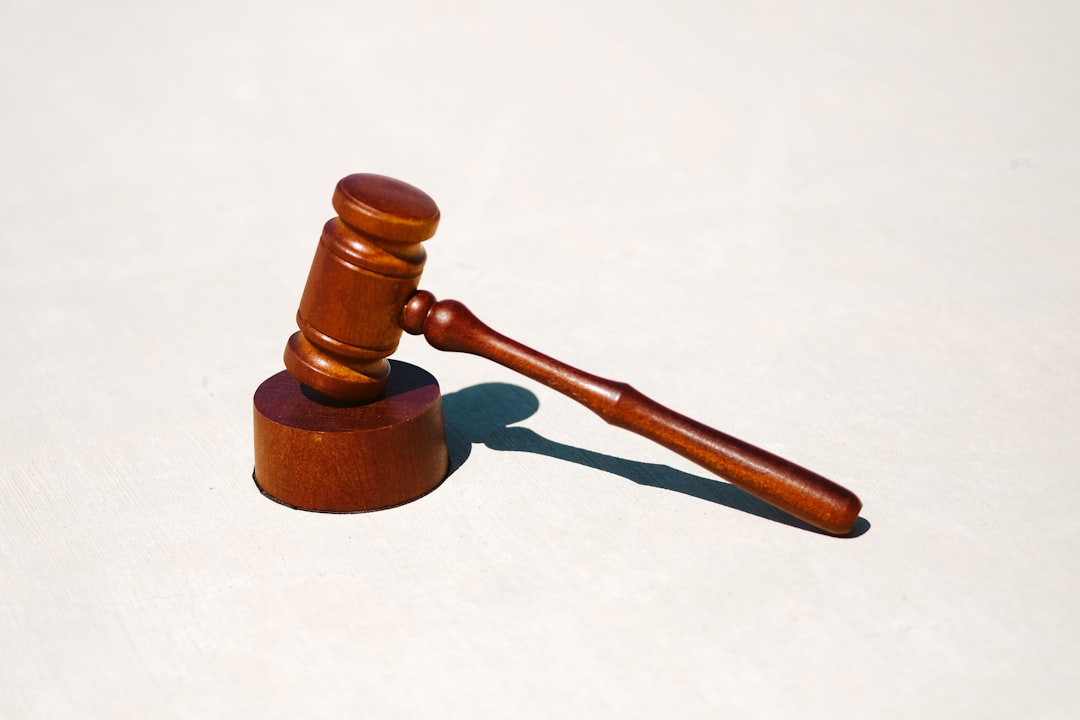In Augusta, Georgia, a specialized sexual assault attorney navigates complex legal processes, reviewing investigations, ensuring rights are respected, and strategizing defenses. Evidence collection and preservation, including physical and digital forensics, are crucial. Medical records, witness testimonies, and expert opinions build cases. Attorneys organize evidence to present a compelling narrative, aiming for justice in sexual assault cases. Seek a Georgia sexual assault attorney for strategic legal guidance.
In Augusta, Georgia, sexual assault cases are intricate and demanding. As a sexual assault attorney Georgia, understanding how evidence is presented is crucial for securing justice. This article explores the legal process in Georgia, focusing on evidence collection and preservation. We delve into various types of evidence, the role of expert testimonies and medical examinations, and strategies to present compelling cases. By mastering these aspects, victims can find strength through a robust legal system, with dedicated sexual assault attorneys pushing for their rights.
Understanding the Legal Process in Georgia
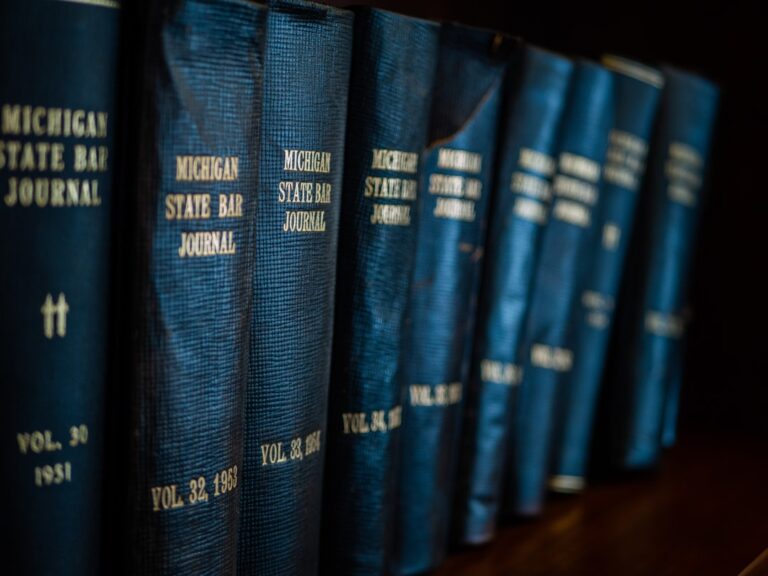
In Augusta, Georgia, the legal process for sexual assault cases is a complex and delicate procedure. It involves a series of steps designed to ensure fairness, protect victims’ rights, and pursue justice. A sexual assault attorney in Georgia plays a crucial role in guiding clients through this process, offering expertise and advocacy.
The first step typically includes an investigation by law enforcement, who gather evidence such as medical records, DNA samples, and witness statements. A sexual assault attorney can assist in reviewing these investigations, ensuring that all legal requirements are met and that the victim’s rights are respected. If charged, a defendant will face a criminal trial where a judge or jury determines guilt based on the presented evidence. A skilled sexual assault attorney in Georgia will strategize defense arguments, challenge inadmissible evidence, and advocate for a fair outcome, aiming to protect the rights of the accused while ensuring justice is served.
Role of Evidence Collection and Preservation

Evidence collection and preservation are crucial steps in the process of building a strong case, especially in complex matters such as sexual assault cases. In Augusta, Georgia, where legal proceedings for such incidents can be highly sensitive, it’s imperative to have knowledgeable professionals handle evidence handling. A sexual assault attorney in Georgia understands the critical nature of this process, ensuring every piece of physical and digital evidence is collected and stored properly to maintain its admissibility in court.
Proper evidence collection involves a systematic approach, including documenting the scene, collecting bodily fluids, clothing, and any potential weapons or tools used. It also entails the use of specialized techniques for digital forensics, as electronic devices can hold valuable information related to the assault. Preservation methods must be rigorous to prevent contamination or alteration, as even minor disruptions could compromise the integrity of evidence, potentially impacting the case’s outcome.
Types of Evidence in Sexual Assault Cases

In sexual assault cases, evidence can come from various sources and take many forms. Physical evidence, such as DNA or medical records, plays a crucial role in establishing the facts of the incident. A sexual assault nurse examiner (SANE) is often involved in collecting and documenting this type of evidence, ensuring it’s handled properly for courtroom use.
Testimonial evidence from witnesses, including the victim and potential defense witnesses, is another critical component. This includes statements about what they observed or heard during the alleged assault. A sexual assault attorney in Georgia will carefully examine these testimonies, looking for inconsistencies or gaps that could weaken the case. Additionally, digital evidence like text messages, emails, or surveillance footage may be used to corroborate or contradict witness accounts.
Expert Testimonies and Medical Examinations

Expert testimonies and medical examinations play a crucial role in shaping the narrative of a sexual assault case, especially in Augusta, Georgia. These elements are vital to establishing the facts and determining the outcome of the trial. A qualified sexual assault attorney in Georgia will often engage experts who can provide specialized knowledge and insights into various aspects of the case.
Medical examiners, for instance, conduct thorough examinations of victims, documenting physical evidence and testifying as to its significance. They can explain injuries or lack thereof, providing critical context. Additionally, experts in sexual assault trauma, psychology, or forensic science may offer valuable testimony regarding the victim’s behavior post-assault, the potential impact on their mental health, and the reliability of any statements made. These expert opinions can significantly influence the jury’s understanding of the case, especially in complex scenarios where the truth is often subtle and nuanced.
Presenting a Compelling Case: Strategies for Success

Building a compelling case is paramount in sexual assault trials, and an experienced sexual assault attorney in Augusta, Georgia, plays a pivotal role. The presentation of evidence requires meticulous planning and a strategic approach to ensure justice for the survivor. One key strategy involves meticulously organizing and presenting the victim’s account, corroborating evidence, and expert testimony. A sexual assault lawyer will help assemble a narrative that is both emotionally supportive of the survivor and legally persuasive.
This includes effectively utilizing medical records, witness testimonies, and forensic evidence. By combining these elements, a strong case can be constructed, leaving no doubt as to the perpetrator’s guilt. An attorney will guide clients through this process, ensuring all legal requirements are met and the unique circumstances of each case are presented compellingly, ultimately aiding in achieving a favorable outcome for the survivor.
